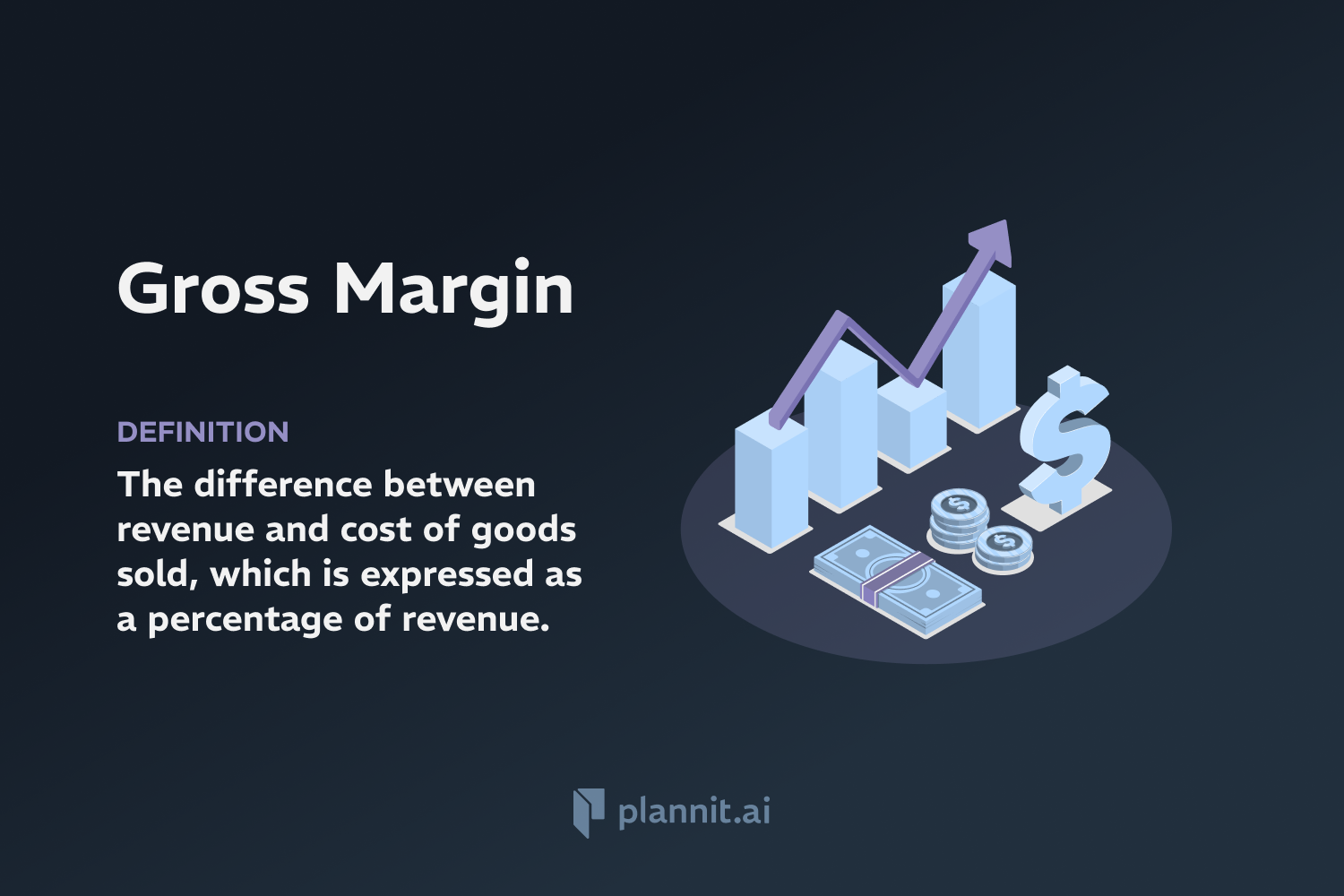Need Help With Your Business Plan?
Answer tailored questions and get a detailed business plan in minutes.
Entrepreneur: Definition & In-Depth Explanation
Definition:
Entrepreneur refers to an individual who initiates, manages, and assumes the risks of a business or enterprise. This role often involves innovating new products, services, and business processes, and requires a combination of creativity, drive, and a willingness to take significant risks.
Context of Use:
Entrepreneurship is a key concept in business, economics, and education. It plays a crucial role in the development and growth of economies by fostering innovation, creating jobs, and driving economic progress.
Purpose:
The primary purpose of entrepreneurs is to identify market gaps and create value by offering new and improved products or services. Their activities boost economic dynamism by introducing innovation and fostering competition.
Example:
Startup Founders: Individuals who start tech companies to bring new software solutions to market.
Small Business Owners: People who open local restaurants or retail stores, providing goods and services to their communities.
Related Terms:
Startup: A newly established business, typically in the technology sector, focused on a single product or service aiming at a scalable business model.
Innovation: The introduction of new ideas, goods, services, and practices which are intended to be useful.
Venture Capital: Financing that investors provide to startup companies and small businesses that are believed to have long-term growth potential.
FAQs:
What skills are important for an entrepreneur?
A: Critical thinking, problem-solving, strategic planning, leadership, and communication skills are essential.
How does one become an entrepreneur?
A: By identifying a viable business opportunity, gathering resources, including finances and human capital, and launching a business venture.
What challenges do entrepreneurs face?
A: Common challenges include raising capital, managing competition, coping with market dynamics, and achieving sustainable growth.
What is the impact of entrepreneurship on the economy?
A: Entrepreneurship drives economic innovation, creates employment, and can stimulate economic development and technological progress.
Are entrepreneurs always innovators?
A: While innovation is a key trait of many successful entrepreneurs, others may succeed through the execution of proven business models and exceptional operational skills.
Get funding with a business plan that will impress investors.
Starting a New Business?



